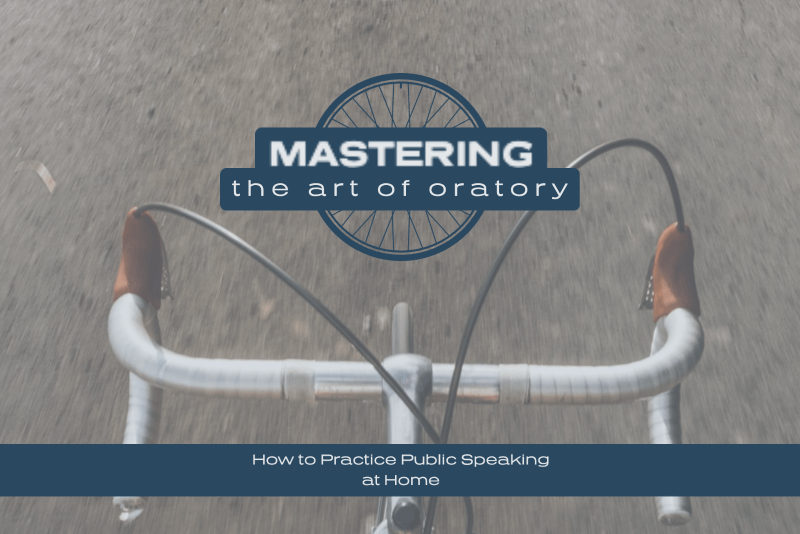Public Speaking Help

Everyone can use some public speaking help at one time or another. Whether it's a small meeting at work or school, a speech at a family or social event, or a large public presentation or address: almost everybody has had or will have the experience of speaking in public at some point in their lives.
Here are a few tips to help you speak effectively and keep your nerves under control:
Don't memorize the speech; learn the main ideas
Memorizing your speech word for word keeps you locked in a rigid mental pattern, making every word out of your mouth dependent on remembering the word before it.
What if you don't remember a sentence, or skip a whole paragraph?
Forget a line or lose your place and you could wind up stammering nonsensically and feeling foolish while trying to get yourself back on track.
And if you bring a printed copy of your speech with you, then you may wind up squinting and fumbling around through your text to find where you left off and what comes next!
Reading or reciting a speech verbatim sounds awkward and it creates a barrier between you and your audience.
Instead:
- If the speech format allows, memorize the main ideas of your presentation. Learn the material you're speaking about, not so much the words you've scripted to discuss. Doing less work and not memorizing an entire monologue is one of our best public speaking help guidelines for many instances.
- Carry numbered index cards to the podium with you, with one single main idea on each. This way, you project confidence in your material along with a natural, straightforward manner in talking about it. Projecting assurance comes from letting the words pour out of your mouth naturally, conversationally, as you introduce each new main idea in turn.
- If you must memorize a manuscript because of the format, consider using the memory castle.
Build rapport
Four public speaking help tips to connect with your audience

There several ways of building a feeling of connection with another person:
Eye-contact - Instead of trying to look at your entire audience with one broad-sweeping gaze, as if it was a single-minded organism, make eye contact with individual members of the audience throughout your speech. Speak directly to one person at a time. The entire audience will feel more comfortable with your presentation. The eye contact will help the delivery connect more intimately with the audience. Further, focus on a few friends will alleviate stress for you, the speaker.
Hands-free - Instead of gripping the podium, table, easel, your notes, etc., keep your hands available. If you don't gesture with your hands when you talk, don't worry about it; just let your arms dangle at your sides. Relaxing the arms may feel awkward to you at first if you're not used to it, but after some practice, it's a more comfortable position than tensely gripping a foreign object for strength, support, and comfort.
Humor - Break the ice; tell a joke. Make a slip of the tongue or get interrupted by something unexpected and beyond your control? Consider making a funny comment about it before going on; acknowledging the unplanned occurrence relieves the audience's momentary discomfort as well as your own.
Personalize - Lastly, and on the same note, include at least one personal story or example in your talk. There's always a way to work something personal into any subject. It helps people relate to a topic more when they see it applied to someone's life; it allows people to connect with you more when it's your experience shared.
You're human; they're human; be human! It's endearing.
I hope this public speaking help will encourage you to step up and become more comfortable delivering your next speech. You can do it!



